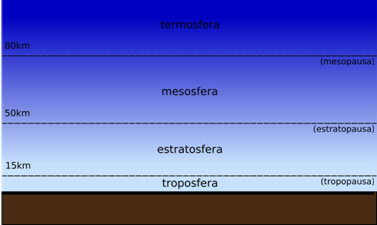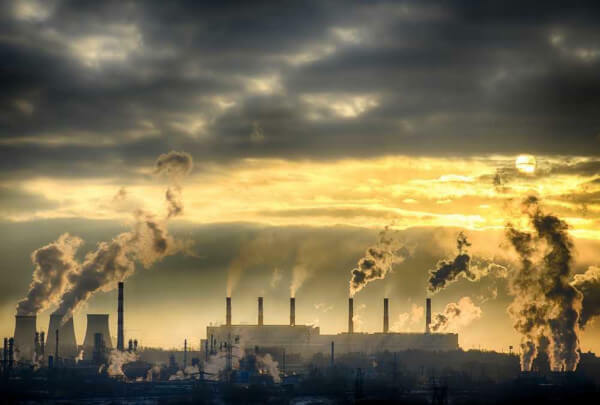question 1
“(…) It consists of the deposition of material in solid form under normal physical-chemical conditions. The deposited material can be of inorganic origin (from weathering and erosion of preexisting rocks) or organic, through biological processes”.
PEIXOTO, A. M., et. al.(coord.). Brazilian Agricultural Encyclopedia. vol. 6. São Paulo: EdUSP; FAPESP, 2006. p.91.
The process described above, resulting from the deposition of material generated by weathering and rock erosion, is called:
a) corrosion
b) sedimentation
c) silting
d) laterization
e) slip
question 2
“Many have already heard or read that the soils in the Amazon region are chemically poor. Certainly, this information was received with some skepticism, after all, how can such exuberant vegetation as that of the Amazon forest maintain itself on an infertile soil? Well, although strange, the information is true. Soils develop from the destruction (weathering) of rocks, which we call source material. This weathering is caused by water (rain), which, in general, is slightly acidic due to the reaction of water with CO
2 from the atmosphere, forming carbonic acid (H2O + CO2 = H2CO3)”.GUEDES, I. M. A. “Poor soil, lush forest, unsustainable agriculture”. Geophages. Available at: <http://scienceblogs.com.br/geofagos>. Accessed on: 28 Aug. 2015. [adapted]
According to the most usual classifications regarding relief transformation, the above process can be typified as:
a) biological weathering, as plant roots cause relief fractures.
b) physical weathering, with the mechanical dissolution of the rock material.
c) chemical weathering, with the decomposition of the protoliths that originate the soil.
d) climatic weathering, caused by the presence of meteorological agents.
e) impact weathering, as it is a consequence of anthropic action.
More questionsIn this video lesson on root adaptations, you will learn more about the structures that help the plant survive in different environments and different conditions.
Do you know the philosopher Blaise Pascal? Perhaps you know a famous phrase of his: “the heart has reasons that reason itself does not know”. Watch our video lesson to find out who Pascal was and what the meaning of that phrase is.


